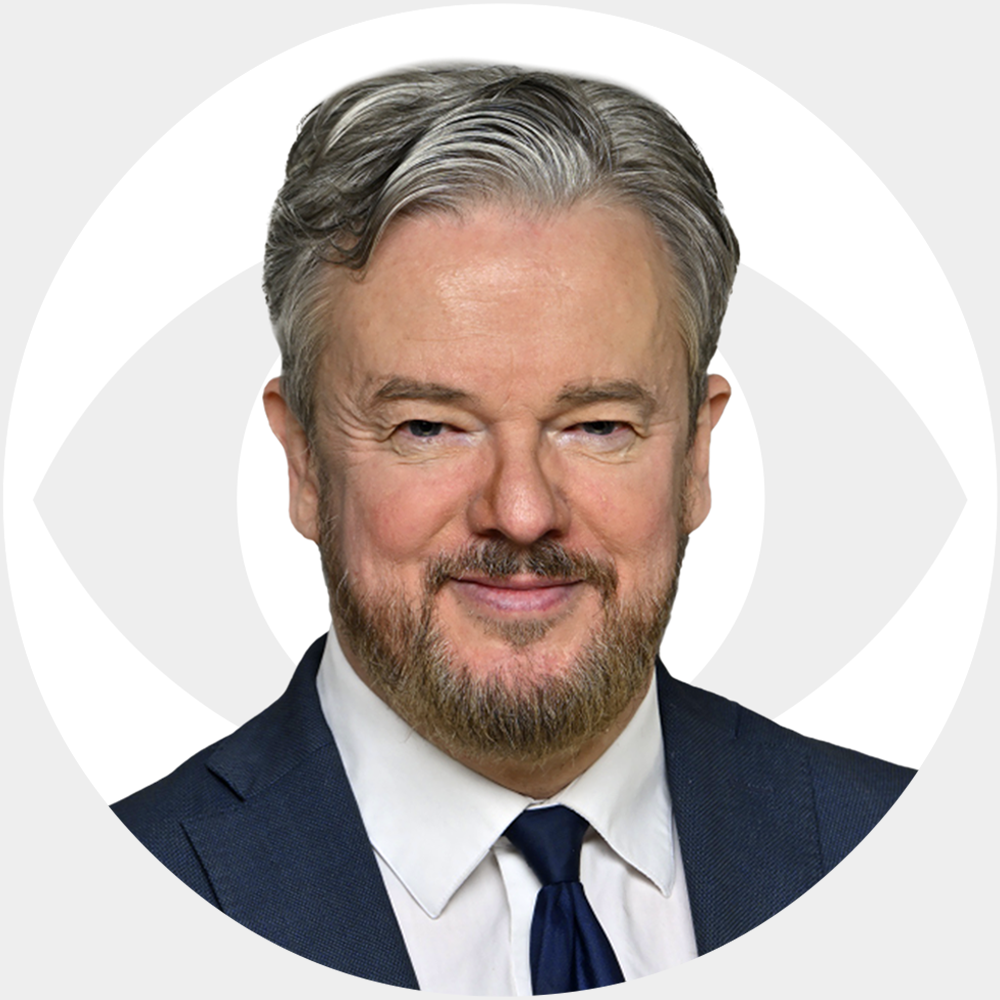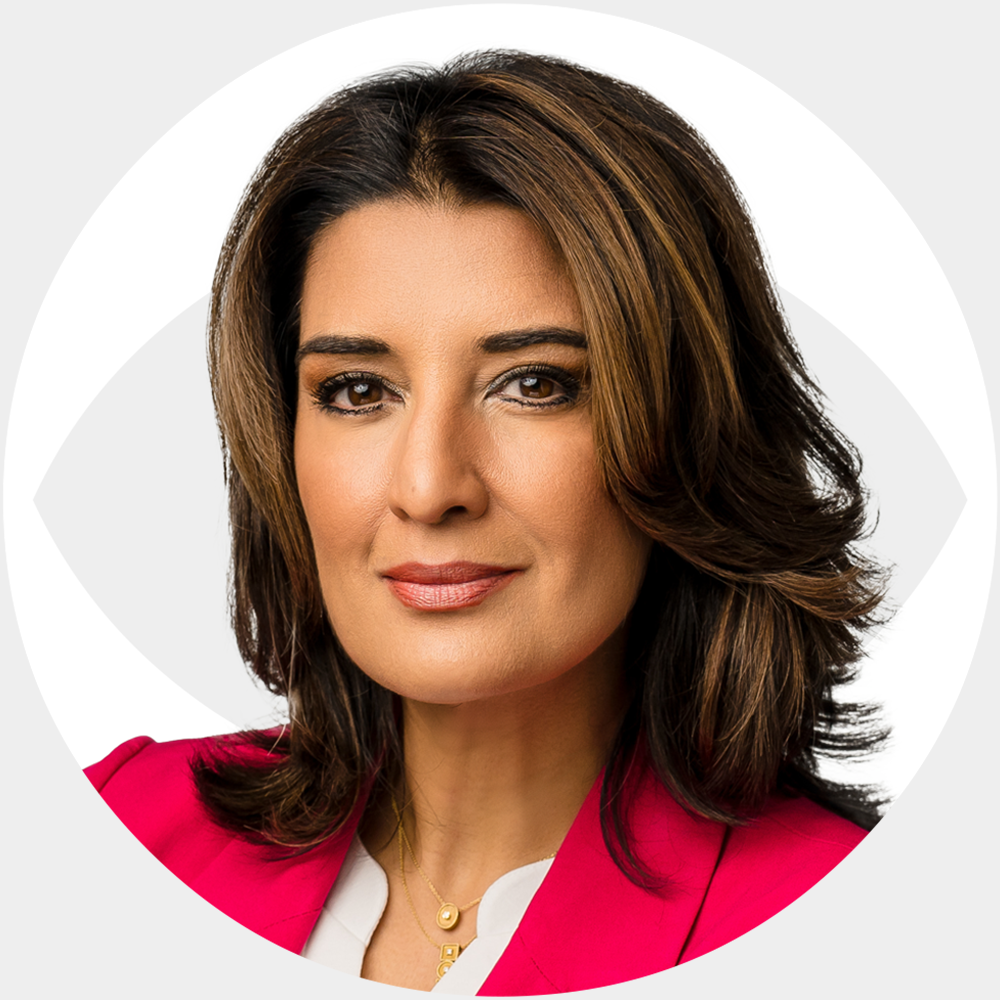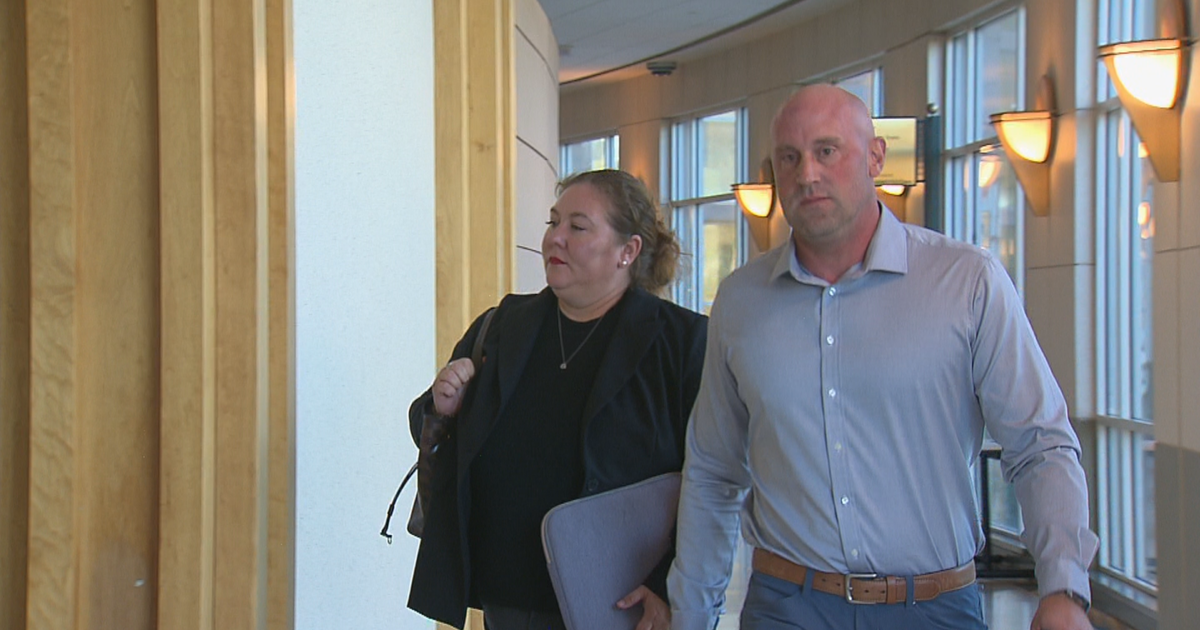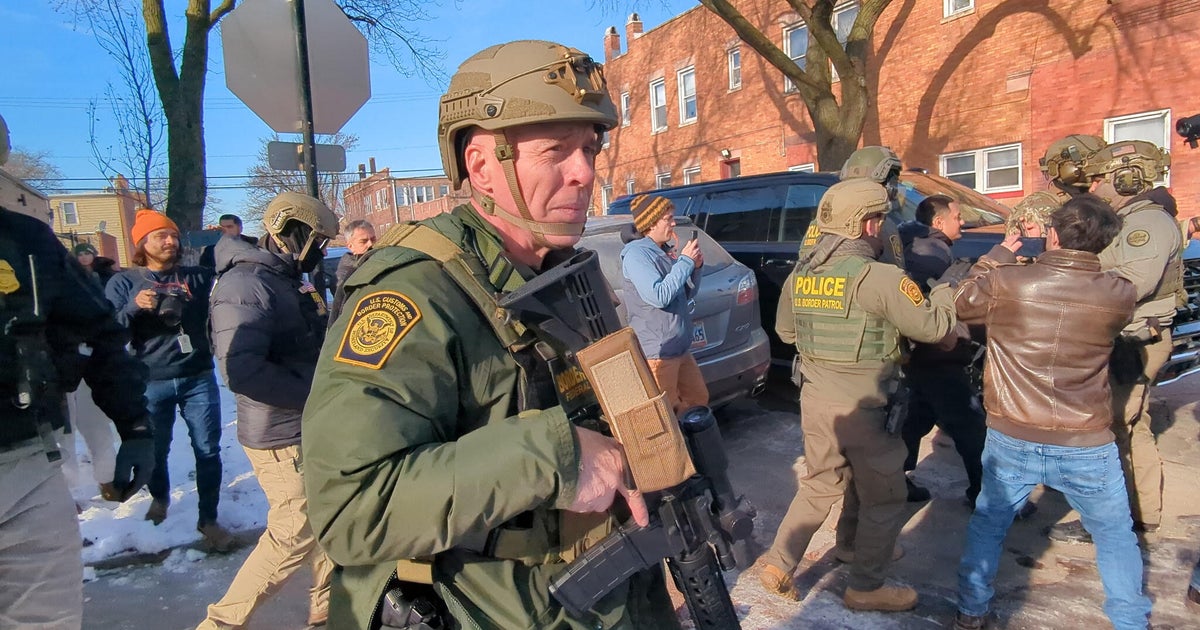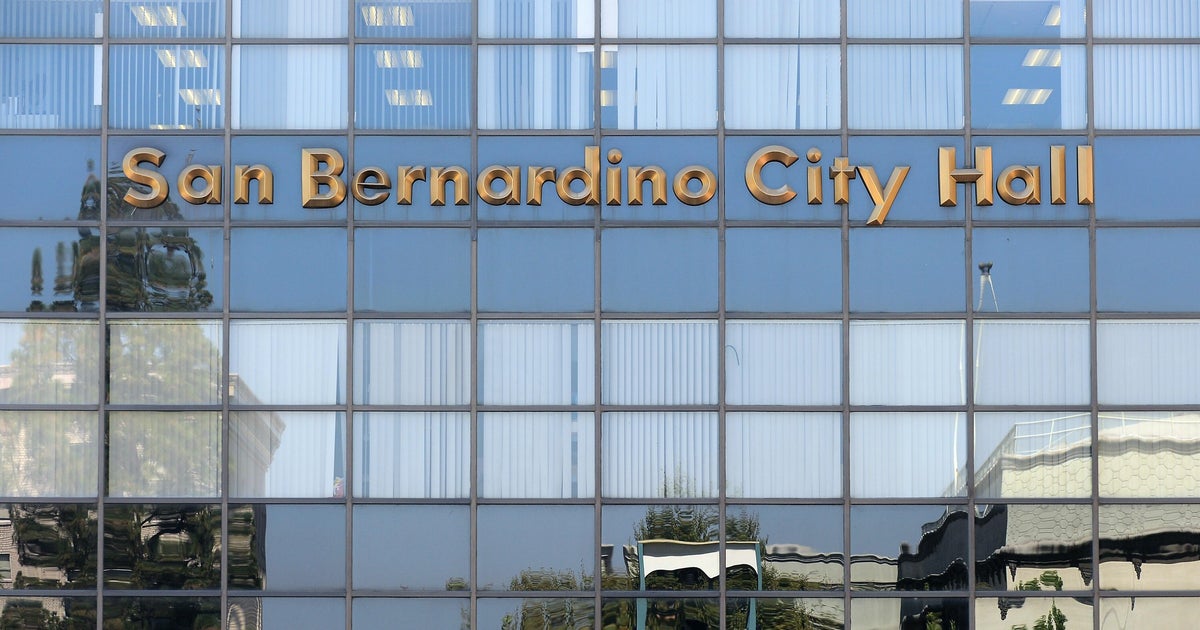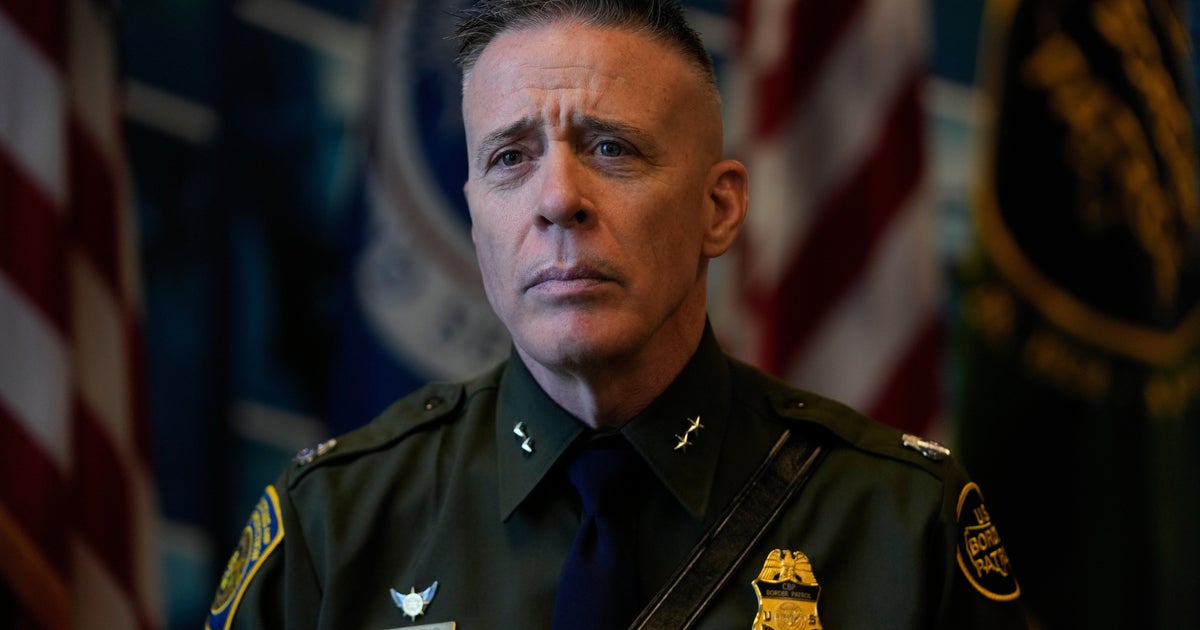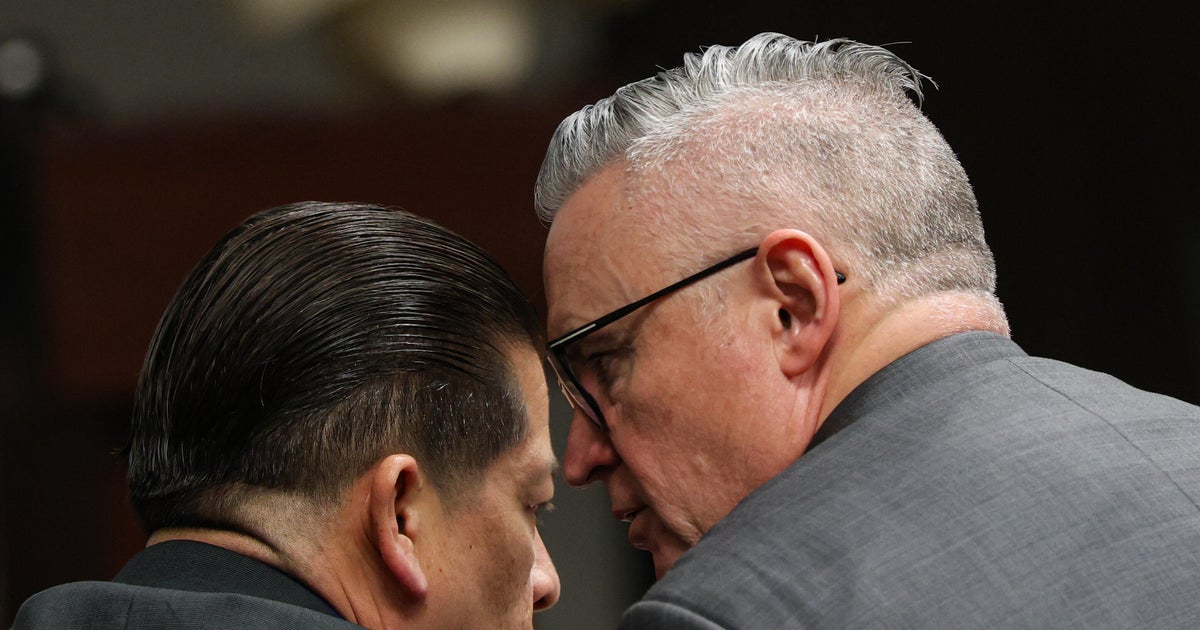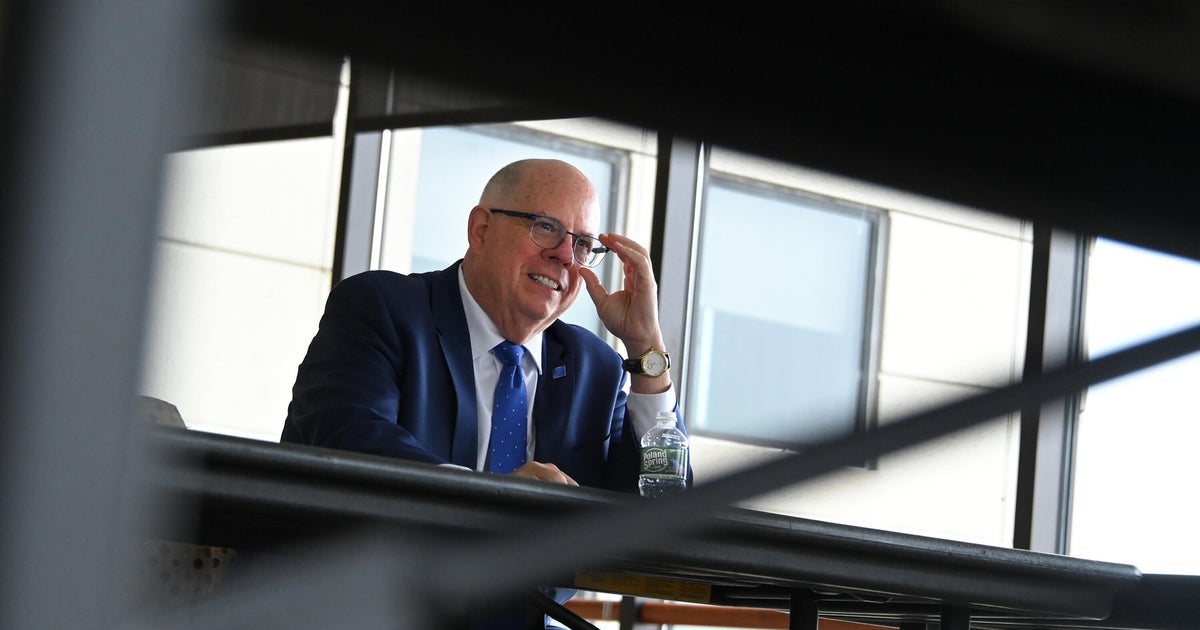Singer-songwriter Ed Sheeran takes stand in copyright infringement trial
NEW YORK -- Singer-songwriter Ed Sheeran testified Tuesday in federal court in Manhattan that he did not create a hit song for himself by copying a classic Marvin Gaye hit from the '70s.
The star silently entered Manhattan's federal courthouse to defend his song "Thinking Out Loud." It was Ed Sheeran's Grammy Award-winning track from 2014.
The lawsuit claims Sheeran took the rhythm, chord progression and other elements from Marvin Gaye's 1973 classic "Let's Get It On."
"Like Marvin Gaye sang, let's get it on," said attorney Ben Crump, who represents the heirs of Ed Townsend, who teamed up with Gaye to write it.
- Read more: Jury selection begins in copyright infringement lawsuit over Ed Sheeran's "Thinking Out Loud"
Crump says Sheeran blatantly used the song without credit or compensation.
The 32-year-old took the stand late Tuesday afternoon and testified that he did not copy from Gaye's hit. He maintained it was art, not theft, and did not violate copyright laws.
In court, Crump showed what he called "smoking gun" evidence -- a fan's video of Sheeran singing "Let's Get It On" at a concert.
In response to the footage, Sheeran said it was "quite simple to weave in and out of songs" that are in the same key, adding, "I'd be an idiot to stand on a stage in front of 20,000 people and do that."
Watch Dave Carlin's report
Sheeran's defense attorneys say his song was "independently created" with chord progression and rhythm they called "basic musical building blocks that no one can own."
Sheeran previously fought another copyright infringement case in the U.K. involving his song "Shape of You." He won that case and talked about it in an Instagram video.
"Coincidence is bound to happen if 60,000 songs are being released every day on Spotify. That's 22 million songs a year, and there's only 12 notes that are available," he said.
Leading the Townsend's heirs who are suing is Kathryn Griffin-Townsend, the songwriter's daughter.
"All I'm expecting his name to be honored and his work and his legacy, and the fact that I want all artists' intellectual properties protected," she said.
Sheeran had no comment as he left court Tuesday.
The trial continues Wednesday. If found liable, Sheeran could face millions in potential damages.
